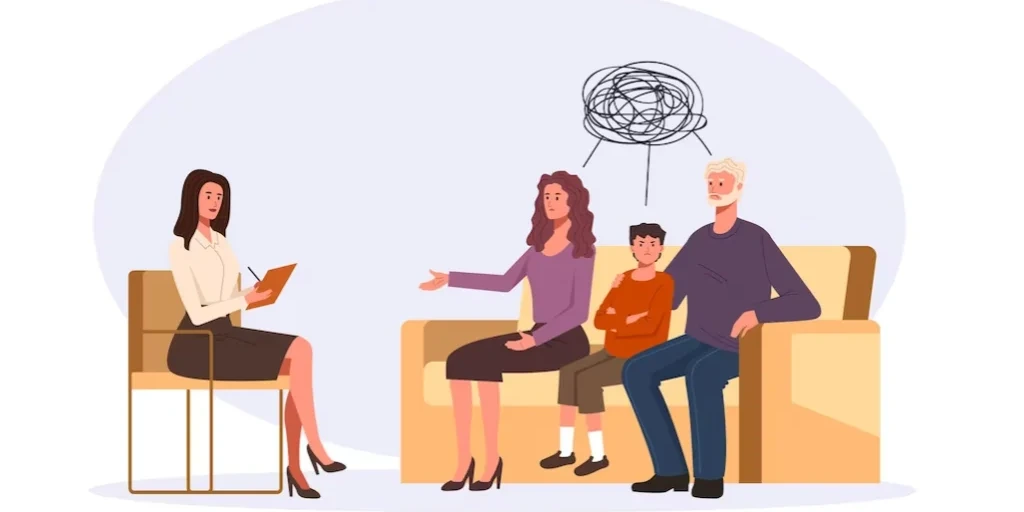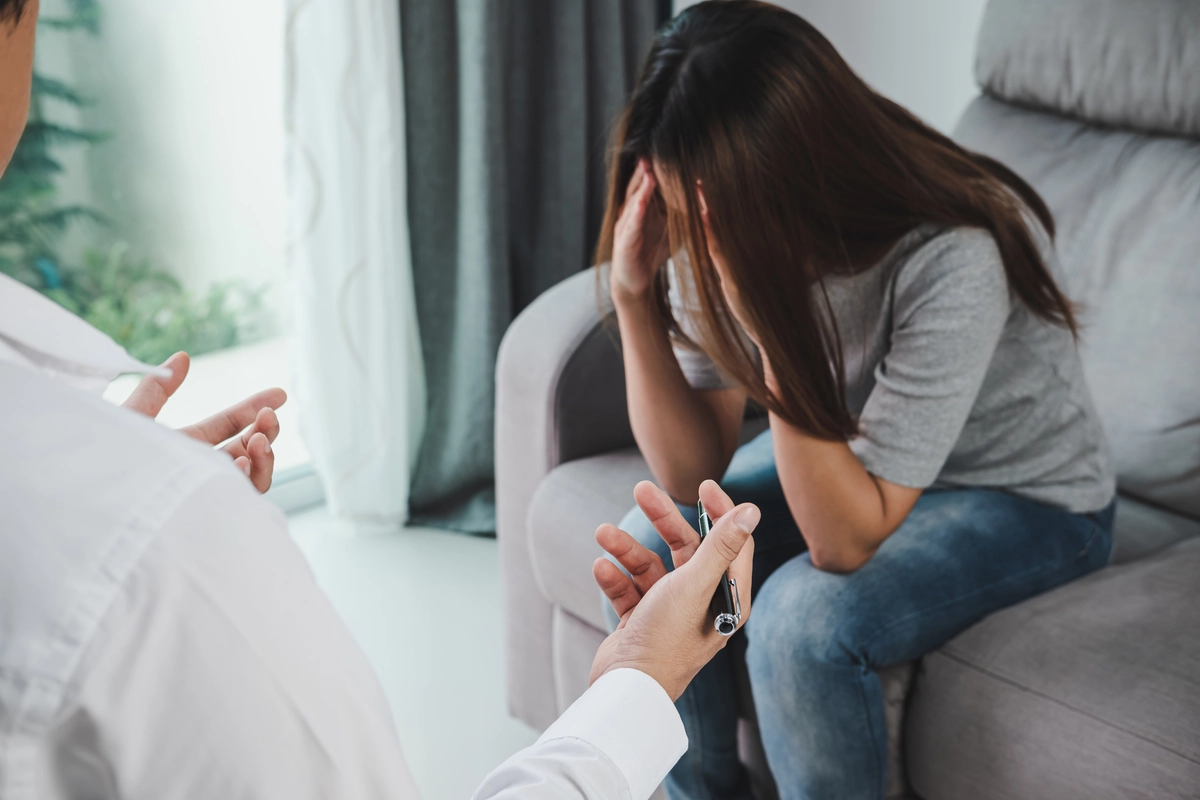24/7 Helpline:
(866) 899-221924/7 Helpline:
(866) 899-2219
Learn more about Klonopin Rehab centers in Suffolk
Klonopin Rehab in Other Cities

Other Insurance Options

MHNNet Behavioral Health

Sliding scale payment assistance

Absolute Total Care

Holman Group

UnitedHealth Group

Lucent

Cigna

American Behavioral

Molina Healthcare

Providence

BHS | Behavioral Health Systems

Meritain

Optum

WellPoint

Choice Care Network

Covered California

Ceridian

Highmark

Carleon

Aetna

Sentara – Behavioral Health Services
Sentara – Behavioral Health Services is a private rehab located in Suffolk, Virginia. Sentara – Beha...

Western Tidewater Mental Health Center – Saratoga Street
Western Tidewater Mental Health Center – Saratoga Street is a public rehab located in Suffolk, Virgi...

Right Path
Right Path is an outpatient treatment center that couples medication with counseling and support. Ri...





Western Tidewater Mental Health Center
Western Tidewater Mental Health Center is a private rehab located in Suffolk, Virginia. Western Tide...

Pathways to Life
Pathways to Life offers outpatient services for children and adults who are struggling with mental h...







